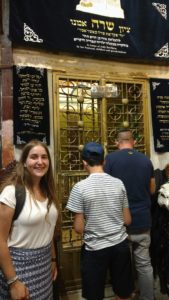By: Julia Gauze, McGill University, Hasbara Fellow
Let me tell you a story- the story of my Ugly Crying in Israel. I know what you’re thinking: why does this person want to draw attention to her ugly crying face? The answer is because of what caused it.
I visited Hevron towards the end of my last trip to Israel. At first, not gonna lie, I was pretty nonplussed. I had just come from a gorgeous tour of the Gush Etzion region. I heard emotional stories from the people who lived there, and they really stressed their connection to their homes and the history of that region. Then, we drove to Hevron. I searched my heart for a connection to that place- to the winding streets, to the young children playing around, something to say ‘hey bud, you’re home’. I searched my heart, and came up with nothing. Zilch.
I realized that my lack of connection to this historic city was probably just because I wasn’t delving deep enough into its biblical past. After all, the heart of the city is underground, where the Jewish matriarchs and patriarchs (minus Rachel) are buried. I thought, wow, I’ll go there and it will be like my biblical ancestors are speaking into my soul.
 I went to the site of Ma’arat HaMachpela, where these graves are supposed to be. Jokes aside, I honestly thought I would be walking into a cave. I’m not a huge cave person generally, but this is one specific cave that had really gotten my hopes up.
I went to the site of Ma’arat HaMachpela, where these graves are supposed to be. Jokes aside, I honestly thought I would be walking into a cave. I’m not a huge cave person generally, but this is one specific cave that had really gotten my hopes up.
Go figure, it was in fact not a cave but a huge, and I mean HUGE, structure. I walked in and I didn’t feel connected; I felt engulfed. I went to the graves of Abraham, Sarah, Leah and Jacob, all the while struggling to see the ancient history through the slightly less-ancient front of the Ottoman tomb-sites.
I began to walk away feeling somewhat dejected, when I saw something out of the corner of my eye. A little old lady was helping some other, equally old ladies light candles in a small alcove. Candles of remembrance, for the souls of the dead. I went over, and the lady offered me a candle as well. I realized I should accept; after all, these are supposed to be my ancestors too, right?
I went to light my candle and I thought. I thought about my ancestors- ancient and not. The last time I lit a candle specifically for a dead relative, I was in Auschwitz, remembering my family that perished there. To some, that loss may seem like history. I, however, was standing amid thousands of years of history, and that loss felt pretty fresh to me. When I stood in Poland, thinking about the murdered, I had one major thought: “they all deserved better”. Now, in Israel, I saw what that vague, unformed notion of ‘better’ meant. Hevron, the ultimate family plot, is the embodiment of better. The people in those graves under my feet aren’t just matriarchs and patriarchs; they’re my great-great-great-times-a-million-grandparents. And they are that to all those who perished, as well.
How amazing it was to me, to be able to remember my family in a place that wasn’t where they were forced to be, but where they should have been. What a shame, to only remember my family on their killing field. It brought me solace, to be able to bring their memory back to a place that they could only have dreamed of. Finally, my family was not being remembered across the various countries in Europe to which they’d been banished for thousands of years. Finally, they were not being remembered in the context of the exile or the persecution that had seemed to perpetually haunt their footsteps.
Legacy, to me, is not about monuments. It’s about how you’re remembered. Thinking about my family while I was in Auschwitz, I was remembering them as victims. But they were more than that. Our ancestors helped remind me that we are all links in the same chain, and that they are not just victims. They deserve to be remembered as people, as family. As a part of the family that extends from Abraham, down to them and through to me. Their legacy should not be some dreary recollections, they should remembered be among family in a place they would actually want to be.
I was proud. Proud to stand at the feet of my forefathers and bring my family’s memories home. That is what Hevron is about. It’s about homecoming, about connecting to a legacy. About the feeling of completeness knowing you stand somewhere that your family has been for thousands of years. Knowing what home truly feels like. After all, what means coming home more than returning to a spot where you know you belong?
So that’s why I Ugly Cried in Israel. And I’m not embarrassed about it, because frankly, I think we’ve all cried in front of family.

